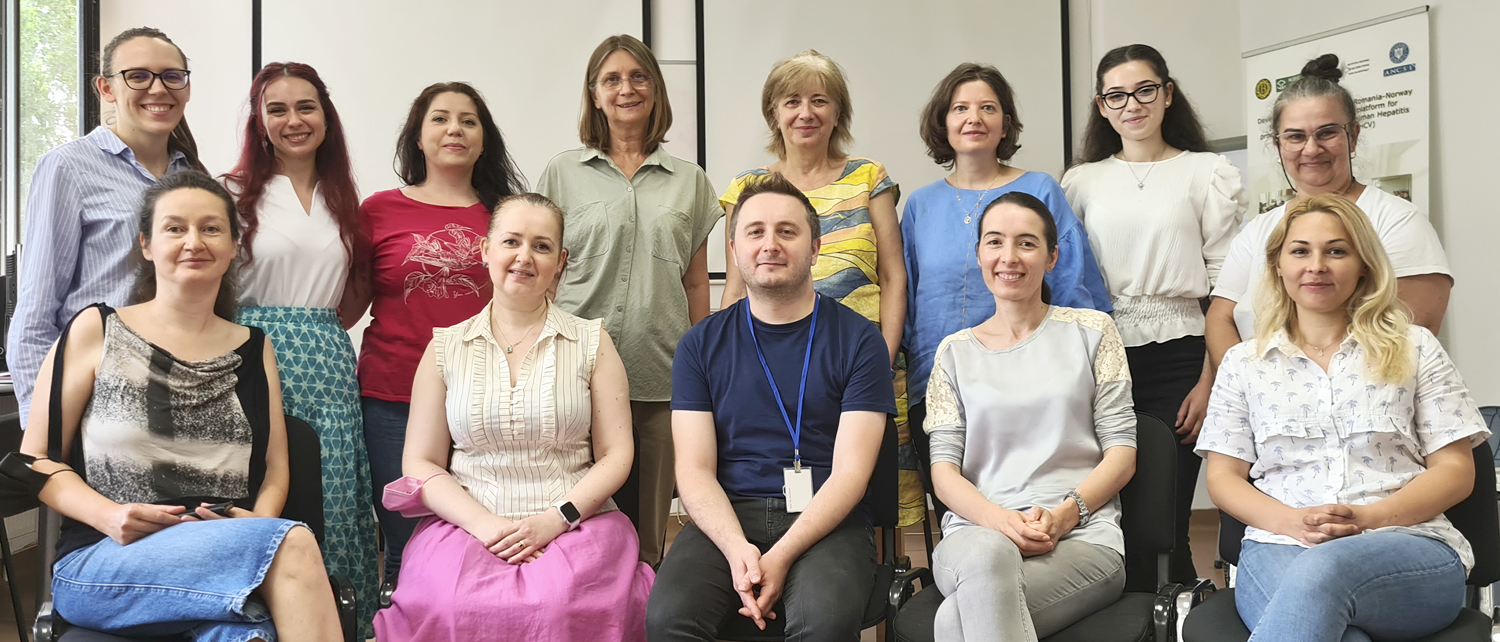
Protein homeostasis is fundamental for cell function and survival because proteins are critical facilitators of all cellular processes. Our goal is to better understand the processes that maintain the fine balance between newly synthesized and old or misfolded proteins, preserving the protein homeostasis and preventing various diseases. Current projects in the laboratory are focused therefore on processes regulating protein lifetime: protein folding and maturation, trafficking, subcellular localization and degradation. Our research explores new ways of investigating the quality control process occurring in the endoplasmic reticulum that facilitates protein secretion towards the Golgi apparatus whilst regulating degradation of misfolded proteins by ERAD pathways.
Protein processing with focus on antigen processing and presentation is currently investigated and aims at determining the exact role of ERAD components in the generation of tyrosinase-derived tumour antigens. Understanding of basic mechanisms of antigen processing and presentation to T cells will provide valuable clues to enhance the efficacy of peptide-based cancer vaccines. Deciphering the pathways mediated by the tyrosinase-related antigen, TRP-2 is another focus of our group aiming at uncovering the potential implications of this antigen in the prognostic and therapy of malignant melanoma.
We develop new tools to extend our knowledge on the role of ERAD in the endoplasmic reticulum of secretory cells. Proinsulin matures in the endoplasmic reticulum of pancreatic β−cells and depending on the ER folding capacity is either secreted or destroyed. Our hypothesis is that up-regulation of ERAD enhancers may alleviate the ER burden in pancreatic β−cells by recruiting misfolded proteins for degradation. To verify this hypothesis we use model β−cells, intact primary islets and animal models with modified ERAD and test the insulin secretion upon glucose-stimulation.